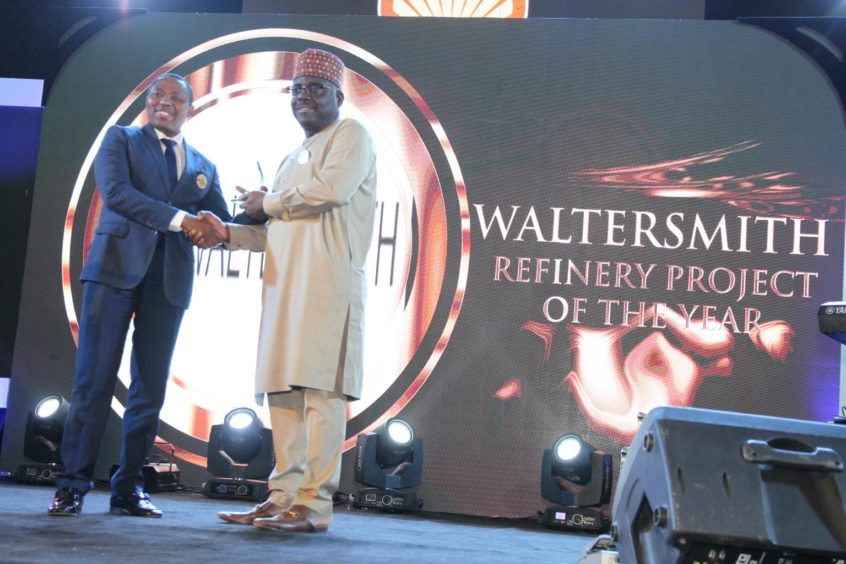
Nigeria’s oil minister has warned the marginal licence round awards may be revoked, if operators fail to make progress in developing these assets.
Minister of State for Oil Heineken Lokpobiri said performance of the assets had been underwhelming. He was talking during a visit to Waltersmith Petroman’s modular refinery in Imo State.
“What I am seeing is that out of the numerous marginal fields that were allocated, only Waltersmith and a few of them have been successfully driven,” Lokpobiri said.
He reiterated an earlier warning that those marginal fields where investment was not being made faced revocation.
“It is important that we make this point so that we can retrieve some of those fields to the basket.”
Waltersmith won the Ibigwe marginal field in the first round of awards, in 2004. It started producing in 2008 via an early production system.
The minister’s words were reported in a statement from the Nigerian Content Development & Monitoring Board (NCDMB). The agency acquired a 30% stake in the Waltersmith refinery in 2018.
Lokpobiri went on to say President Bola Tinubu had approved plans for a new licence round.
“Marginal fields would [henceforth] be prioritised in terms of their location to those who have modular refineries, so that they will be able to produce,” he said.
The minister described modular refineries as the “quickest way to fix our energy challenge”, while waiting for work to conclude on revitalising Nigeria’s large refineries.
Waltersmith has capacity of 5,000 barrels per day. It started up in 2020.
“People who have similar licences for modular refineries should take a cue from Waltersmith,” Lokpobiri said. “Other people who have marginal fields should also take a cue from Waltersmith.”
Expansion plans
Waltersmith CEO Abdulrasaq Isa said there were plans to expand the modular refinery’s capacity to 10,000 bpd, and then to 40,000 bpd.
Nigeria carried out a second round of marginal field licences in 2021. It made just under 60 awards but progress has been slow.
Interest in the round was high but the process was criticised. The financial capacity of those taking part was in some cases unclear. Furthermore, the Nigerian Upstream Petroleum Regulatory Commission (NUPRC) used a system that teamed companies up with others, with little regard for creating these new alliances.

